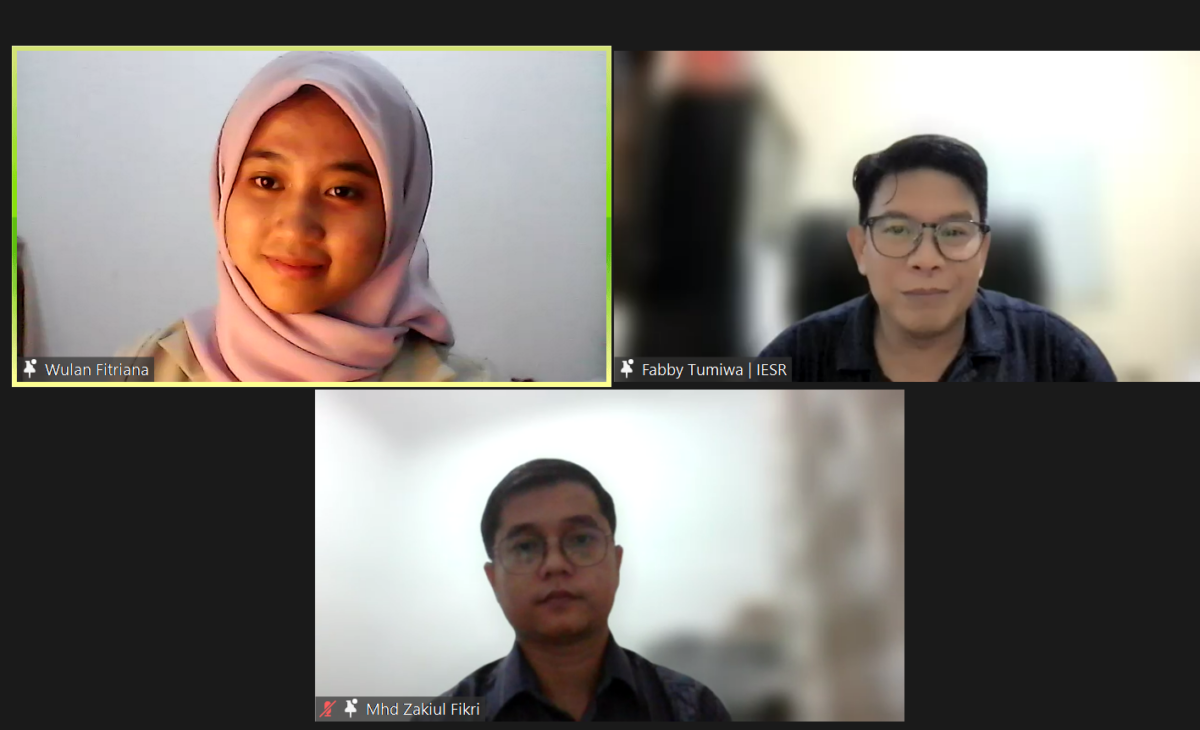Executive Director of the Institute for Essential Services Reform (IESR), Fabby Tumiwa, explains there is nothing to worry about related to the "power wheeling" scheme.
Read more on ANTARA.

Jakarta, February 28, 2023 - Executive Director of the Institute for Essential Services Reform (IESR), Fabby Tumiwa, highlighted the power-wheeling scheme contained in discussions on the New Energy and Renewable…
